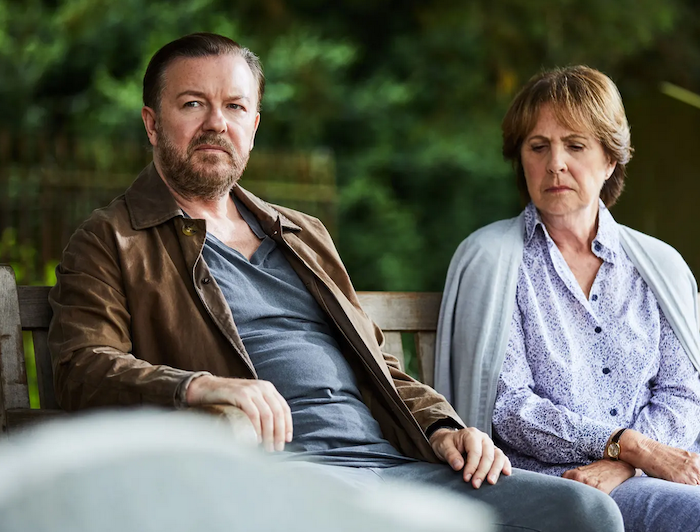Destination: death

Images of sandy beaches, sun-kissed swimming pools and azure blue skies gleam from the window and walls of what appears to be a new travel agent opening in a London shopping centre. But browsers may be surprised by the destination, for it is a journey every one of us will one day take: death.
Look more closely at the posters and it becomes clear that the words are all about “passing away” (half of British adults prefer to avoid the word “death”, apparently). The Departure Lounge, in Lewisham, south London, is the brainchild of the Academy of Medical Sciences, whose mission is to promote biomedical and health research. Death, it turns out, is one of the most under-researched areas in healthcare, accounting for less than half of 1% of money spent.
The idea of the Departure Lounge, explains the academy’s president Professor Sir Robert Lechler, is to enable visitors to ask any questions they might have about the dying process, and also to collect ideas and experiences that could inform future research. “The best time to have conversations about death probably isn’t when you’re confronting it, but well before,” he said. Which is why a shopping centre was deemed an appropriate location – the hope is that the Departure Lounge will attract people who might not be regular visitors to science museums.
Death has been a zeitgeist subject for some years now – witness the Death Café phenomenon, the growth of conferences and books on dying and TV series like the recent Ricky Gervais Netflix comedy After Life. But, says Lechler, the conversation is becoming more urgent. Put simply, there’s more of it about. “Between now and 2040 we’ll see an increase of 25% in the number of deaths per year,” he said. And it’s more than numbers: the run-up to dying is different. “We’re living longer, and the context of death is changing. Longer life means we accumulate more long-term conditions, and people tend to be frail for longer,” he said. “The risk is that people are going to die badly, as opposed to dying well.”
Dr Katherine Sleeman, a palliative care consultant at the Cicely Saunders Institute at King’s College London and a member of the advisory group behind the Departure Lounge, says patients often want to talk about death. “People call it the last taboo, but that’s not my experience. Healthcare professionals can be fearful about raising the subject, but I find patients are often relieved when it’s mentioned. They know they’re dying, and they want to talk about it.”
Also much misunderstood, she says, is that palliative care, far from spelling the end, can mean much better outcomes. “Research shows that when provided early, palliative care is associated with fewer hospital admissions, better pain relief and lower financial costs to the NHS,” she said. “I always say that my aim isn’t to help you live longer, it’s to help you live better.”
On hand will be guides including Yvonne Oakes, a former palliative care nurse who now works as a “soul midwife” or end-of-life doula, supporting patients and their families. In her experience, many people have had negative experiences of death with relatives, and assume that when their time comes isolation, pain and discomfort will be inevitable. That, she says, simply isn’t true. “There is definitely such a thing as a good death. It comes mostly, I believe, from accepting death rather than struggling against it.” And The Departure Lounge, she hopes, will enable people to start to think about acceptance of death, “in a non-threatening, and unforced, way.”
Research into dying, says Sleeman, really matters and can make a real difference. “Many people, and that includes doctors and academics, say: what’s the point of research if it’s not going to prolong life? But that isn’t the point. Quality is crucial: research is quite clear that most people would choose quality of life over length of life.”
The Departure Lounge is supported by the Health Foundation and Wellcome Trust; more information at departure-lounge.org
Top tips for a good death
Remember this is your death: it’s OK to think about what you really want and don’t want, and be clear about it.
Don’t be afraid to ask for help, and to accept help if it’s offered and you want it. You don’t have to struggle on alone.
Make amends for past hurts and disappointments. Some people write letters – you don’t have to post them.
Consider making a death plan, which is the life-end equivalent of a birth plan. Where would you like to die? Who do you want with you – and who do you not want there? Would you like music to be playing? Do you want to avoid attempts to resuscitate you?
Be aware that death involves loss, so there is inevitably going to be emotional pain, both for you and for those you love. But that doesn’t mean you can’t look for the joys in life, even as your health deteriorates. Life can have meaning and enjoyment right up to the end.
Yvonne Oakes
Complete Article ↪HERE↩!
